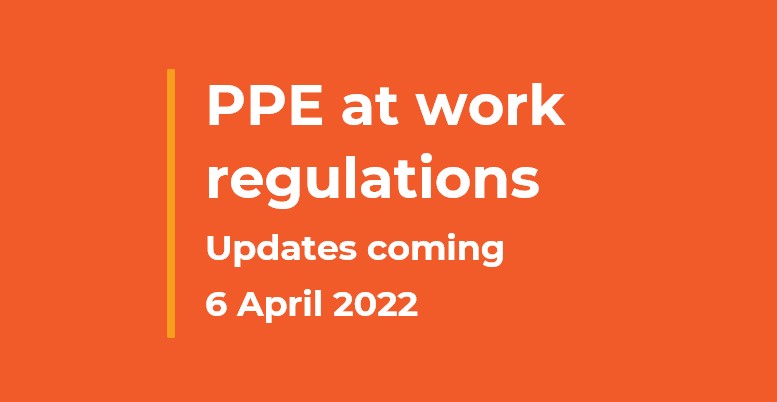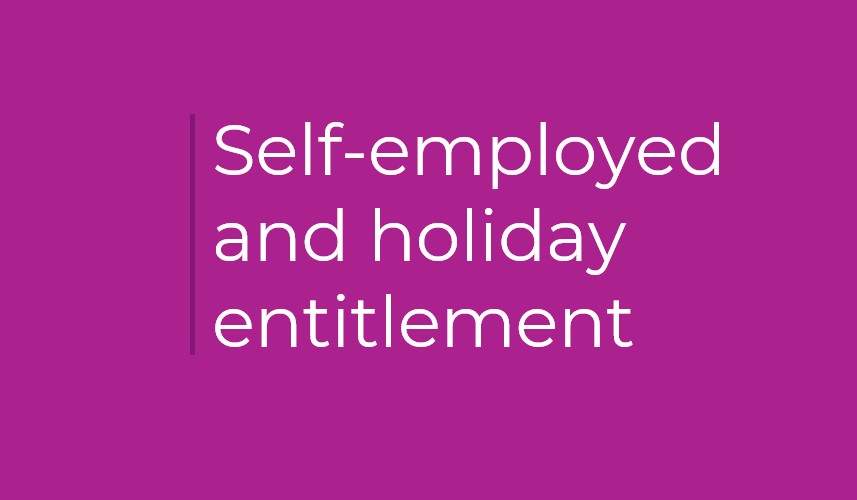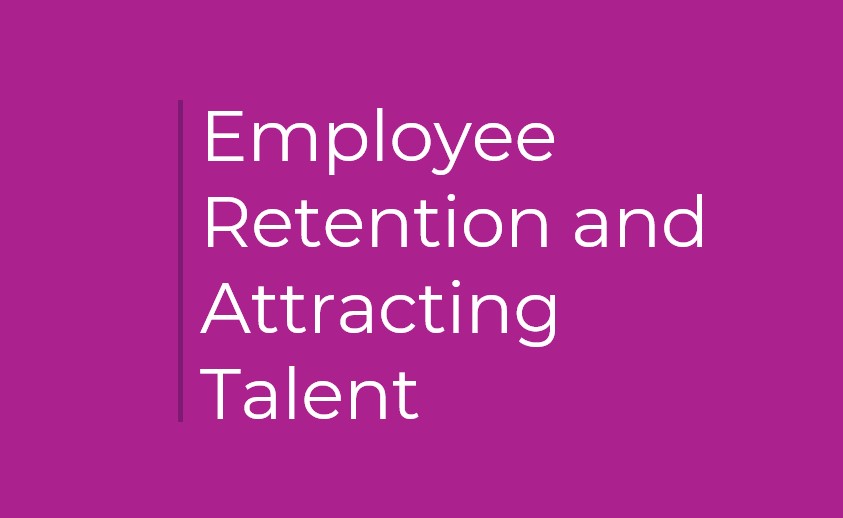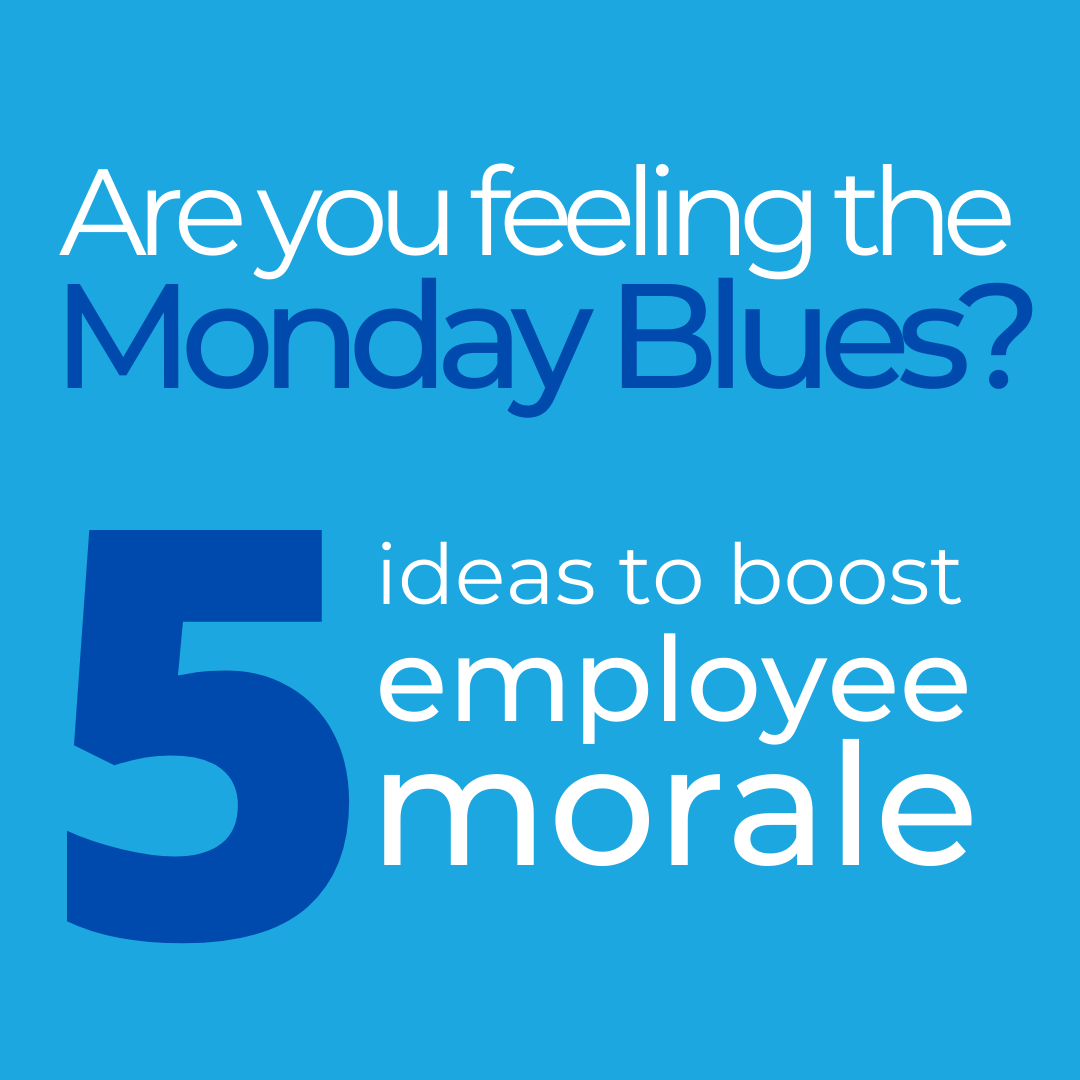HR Advice from HR Experts
Workplace Investigation
Our guide to workplace investigations will help you ensure you take all the necessary steps to keep your business legal and compliant.
Our workplace investigations guide includes:
- What is an investigation?
- When to do a workplace investigation?
- What is the investigation process?
- What are the outcomes of a workplace investigation?
Download Guide
What is a workplace investigation?
An investigation is to:
- See if there is a case to answer
- Make sure everyone is treated fairly
- Gather evidence from all sides
- Help the employer to see what should happen next
When should a workplace investigation take place?
Workplace investigations should begin as soon as a conduct or capability issue has been identified.
Sometimes it might be necessary to suspend an employee during the investigation stage if a matter is sufficiently serious.
Do you need advice for a workplace investigation?


Who should conduct the workplace investigation?
The investigation should be conducted by a manager who is familiar with the disciplinary procedure.
It could be the employee’s manager but remember that whoever conducts the investigation should not chair the disciplinary or appeal hearings (depending on the size of the business). This is important particularly with conduct issues.
HOW DO I PLAN THE WORKPLACE INVESTIGATION?
An investigating manager, you should:
-
Ensure they understand the disciplinary procedure
-
Remain neutral
-
Consider carefully the scope of the investigation/what information they will need to obtain
-
Consider how they will get this information. Think about the availability of records and witnesses:
- When will you be able see them? Are they still employed?
-
Remember that this is a fact-finding exercise only at this stage, no disciplinary sanctions are decided at the investigation stage.
What is my role as investigating manager?
The investigating manager should:
- Promptly gather all evidence
- Interview the witnesses and document these discussions – remember that if the matter proceeds to a disciplinary hearing this information would be enclosed with the disciplinary invite letter
- Question the witnesses, probe and clarify any points that are unclear
- As well as the interview notes, analyse key information which could include emails, paper records and forms, customer feedback or CCTV footage
- Maintain confidentiality
- Pass all records from the investigation to the chair for the disciplinary hearing
- Ensure all records from the investigation stage are stored safely and securely.
Wondering where to store your workplace investigation notes?
Our fantastic HR software, can store your investigation notes to the employees profile, which can be reviewed and edited at any point. Take a look at what our software can offer your business.


How should I speak to witnesses?
The investigator should interview all relevant parties including, for example, those who may have been near the incident but may not have necessarily seen anything to demonstrate a full and proper investigation has been carried out.
Ideally, any such interviews should be done face to face, however, if this is not possible you could:
- Speak to them via the telephone/video call; or
- Ask the employee to submit a written statement. Remember that this must be legible, signed and dated by the employee. If a statement is received, the investigator may still need to carry out an interview as the statement may not cover everything they want to know etc. and this is why interviewing witnesses is the better approach
Our software solution is the perfect place to store this information. Take a look at what it can do:
-
Electronic employee personnel files
-
Add actions for yourselves or other employees to complete
-
Request employees to view and sign documents
-
Complete employee and team evaluations
-
Set up KPI’’s for individuals and teams
Can I anonymise/disclose witness statements?
Summarise the detail of the original application made by the employee (i.e. what working pattern was the employee looking for and when did they want this to commence).
All witnesses should be made aware that:
- The matter is confidential and not to be discussed with anyone else
- All interview notes, e-mails etc. will be provided to the employee
What if an employee wishes to remain anonymous?
If the matter proceeds to a tribunal, a request for anonymity will only be accepted if there is a genuine fear of reprisal. This is extremely rare and hence all witnesses must be advised that all evidence will be disclosed.


How should I interview the employee who raised the grievance?
To ensure a fair process and get their version of events, the employee must be interviewed. The investigator should ensure that:
-
The employee is fully aware of the allegations against them and what is being investigated
-
The employee understands that this is the investigation stage and whilst no decisions will be made regarding sanctions, it will be decided whether to proceed to a disciplinary hearing
-
The employee signs and dates their statement (if provided) and/or notes of your meeting
-
The employee is given the opportunity to provide details of additional evidence or witnesses to be interviewed.
The investigator should not:
- Infer blame or imply you have decided on the outcome of any subsequent disciplinary hearing
- Issue any disciplinary sanction.
What if the employee provides new evidence?
Any new evidence should be investigated, including speaking to any new witnesses, before deciding whether to proceed to a disciplinary hearing or not.
Should the matter proceed to a disciplinary hearing?
Before deciding, the investigator should:
- Review all evidence
- Consider any mitigating circumstances concerning the employee.
Do you need to conduct a disciplinary hearing?

What are the possible outcomes of the investigation?
The employee should be advised in writing of the outcome. This could be:



